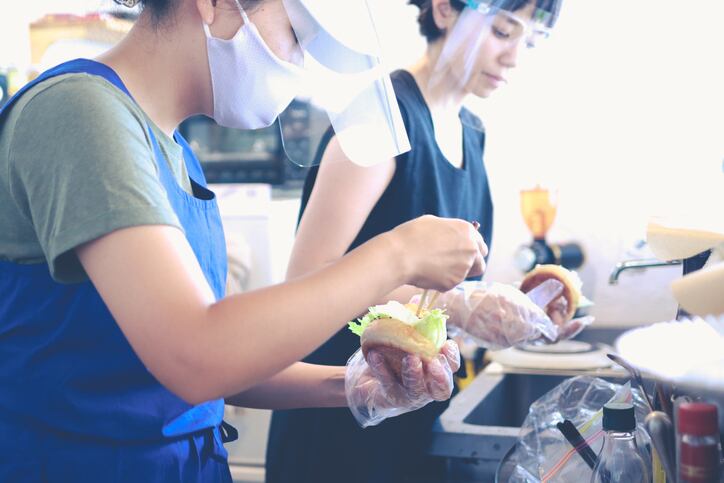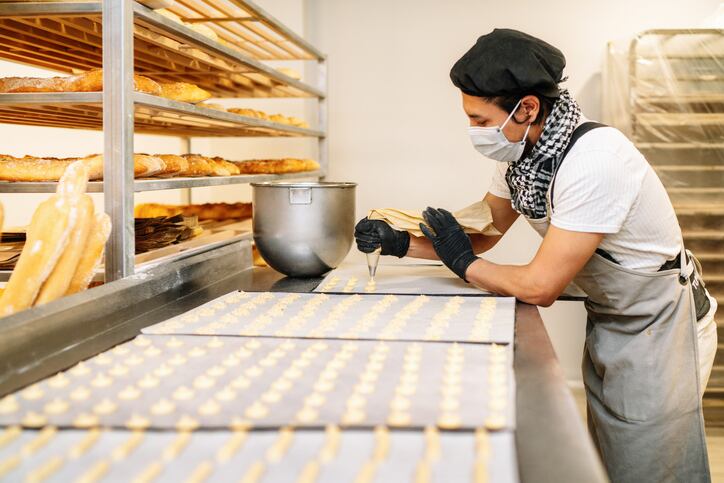As with many other food and beverage companies, Hormel is grappling vacancy rates and open requisitions that “ebbs and flows depending on the week,” but fall generally in the range of 6-10% -- compromising its ability fully meet demand, CEO Jim Snee told investment analysts yesterday during the company’s third-quarter earnings call.
“There is, as you know, strong linkage between the labor and inflationary issues. So, labor is costing us. The labor that we have is costing us a lot more. Then you have to deal with the missing labor. So, we’re pricing for increased labor. For the labor that we don’t have, clearly, we’re raising starting wages. We’re being more aggressive and more disciplined in how we’re retaining our employees, and we’re finding ways to automate,” Snee said.
While these actions won’t solve the problem overnight, he added, Hormel has “had successes in automation when we think about package placement, palletizing and how we can pivot and reallocate those team members to more important manufacturing responsibilities.”
Likewise, he said, Hormel is simplifying operations and pulling back on co-manufacturing to better support growth of its branded business.
Hormel’s foodservice solutions are ‘perfectly positioned’ to ease impact of labor shortage
As Hormel manages the impact of labor shortages at its own facilities, it also is helping food service customers do the same with its portfolio of ready-made or low-prep products that are “perfectly positioned to meet the most pressing need of today’s foodservice operators, which is labor,” Snee said.
“Our products minimize labor, simplify food preparation and save time, all while preserving the flexibility to add their own unique touch to their menus,” Snee explained. “Hormel Bacon 1 fully cooked bacon, Wholly Guacamole, Fontanini authentic Italian sausages and Hormel Fire Braised meats are all excellent examples of products that are succeeding in today’s environment.”
As a result, Hormel’s foodservice business sales grew 45% compared to last year and an “even more impressive” 17% increase compared to 2019 pre-pandemic levels, he said.
Hormel also “saw excellent growth from premium prepared proteins, which are the cornerstone of our pre-strategy, offering versatile and flavorful items that come pre-marinated, pre-sliced or pre-cooked,” Snee added.
In addition to easing back-of-house labor requirements, Hormel’s direct selling force also gives its foodservice busines a competitive advantage, Snee said.
Consumers returning to entertainment lift grocery sales
Hormel’s retail and grocery business also improved in the quarter – with sales growing 9% compared to 2020 and 31% compared to pre-pandemic 2019 levels.
“Brands such as SPAM, Hormel Black Label, Applegate, Jennie-O and Herdez continue to resonate with consumers. Sales in the deli channel increased 12% this quarter and are up 16% compared to pre-pandemic levels,” Snee said.
In particular, he called out the success of Hormel Gatherings, Party Trays and Columbus charcuterie as consumers return to entertaining and spending time with family and friends.
While Snee touted Hormel’s record sales in the quarter, much of it was driven by price increases, which were necessary to help manage inflation. Despite some analyst concerns that prices might not stick and could compromise future quarters, Snee said Hormel’s ability to price through these cycles demonstrates the company’s ability to expand margins over time.
He also remained confident that pricing actions already taken would continue to lift up future quarters, especially in grocery where the lag between pricing and sales is greatest.
Hormel lowers EPS forecast, but raises sales prediction
Overall, through a combination of pricing, increased demand and other measures, Snee said he was pleased with Hormel’s performance in the quarter, which included an overall sales increase of 20% on a volume increase of 1% over last year and compared to the third quarter of 2019 an increase of 25%.
Looking forward, Hormel expects net sales between $11b and $11.2b and diluted earnings per share between $1.65 to $1.69 for the full year. While the EPS is down from a previous forecast of $1.70 to $1.82 per share, the sales forecast is higher than previously predicted.




